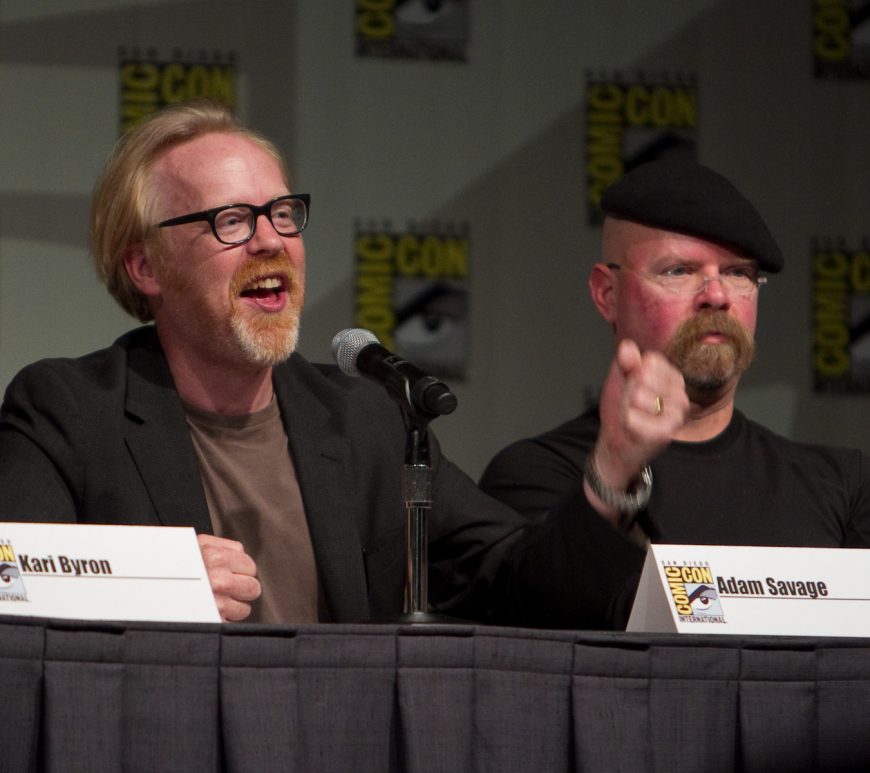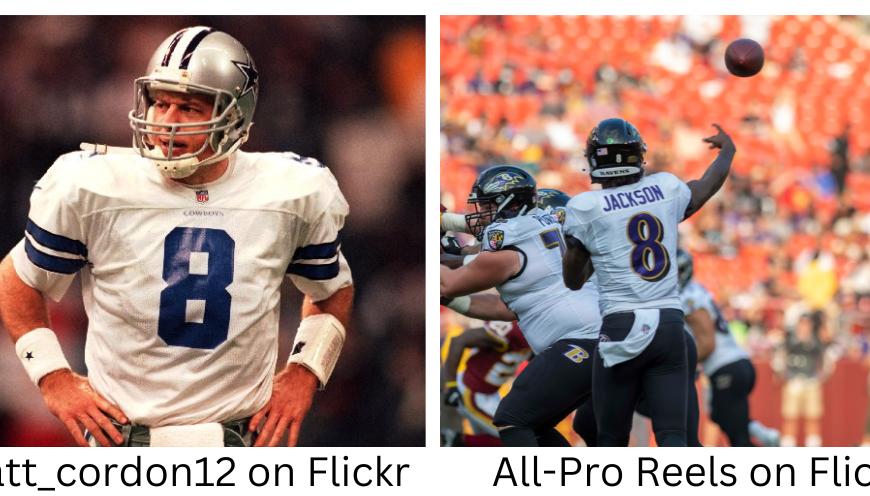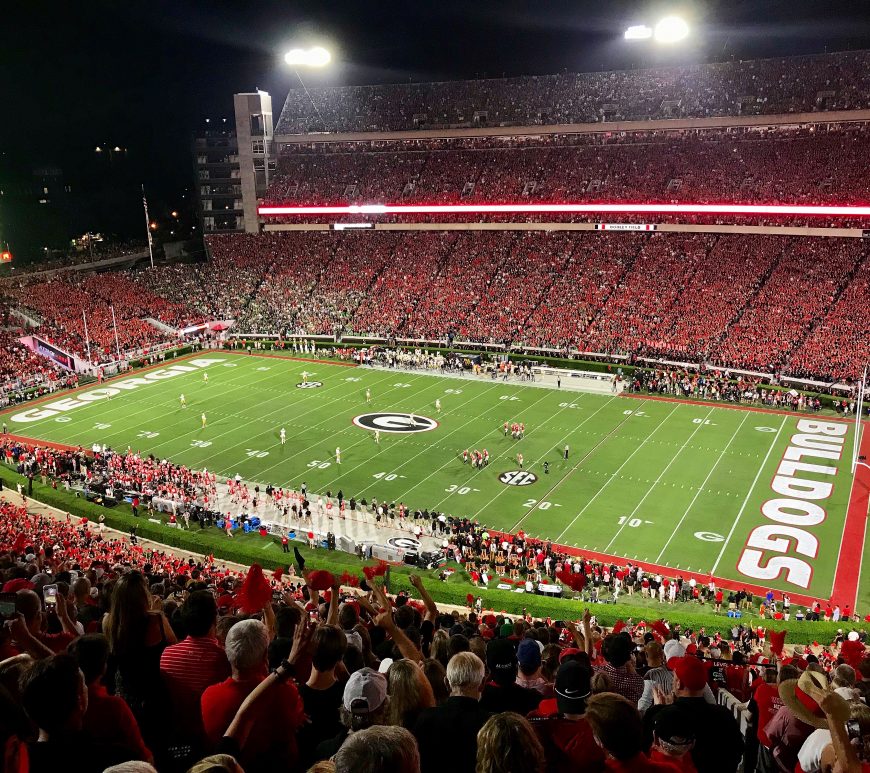
Trademark MythBusting – The MythBusters Trademark Dispute and Misconceptions Surrounding Trademark Registration
A common misconception many people have about trademark law is that trademarks are only valid if they are registered with the US Patent and Trademark Office (USPTO). I had the opportunity recently to debunk this fallacy at a family holiday dinner. I’ll explain how. Mythbusting at Christmas Dinner [Every family experiences awkward table talk over holiday dinner. But when you’re in law school, apparently the … Continue reading Trademark MythBusting – The MythBusters Trademark Dispute and Misconceptions Surrounding Trademark Registration








